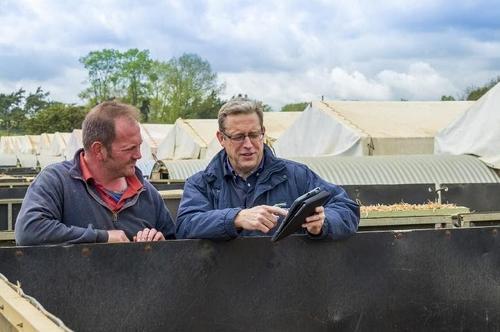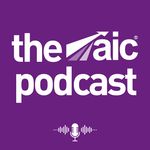A means of demonstrating competence in animal feeding management is an important contribution towards providing the confidence that the industry has the ability to balance production and environmental goals.

Registration and Steps to Full Membership
-
To register for FAR you must first create an account on the AIC website and be logged in. If you do not yet have an AIC website account you can register here by following the steps to create a new account:
Once you are logged in to the AIC website, you can complete the FAR application form by using the button below:
If wish to apply for multiple feed advisers to join the scheme, you will need to contact us directly at [email protected]. Membership costs can be found on the FAR fees page.
-
Once you have successfully submitted your FAR application form please return to this page and upload a passport photo. This will be stored with your digital FAR card if your application is successful. Alternatively you can email your photograph to [email protected].
-
The applications are reviewed to ensure all applicants meet the entry criteria and once approved advisers will be registered as a ‘Development ‘ member and will be issued with a digital ID card with their FAR membership details.
-
Complete the Modules 1 to 4 Core Training Modules and Competency tests for each area of expertise i.e ruminant and monogastric .
-
Once successfully completed all of the above feed advisers can now be categorised as a Full FAR Member; their digital ID card will be updated with their full membership status.
Advisers must agree to abide by the FAR Professional Code of Conduct.
Feed advisers will remain as Development members until they have successfully completed the 4 Core Modules for all areas of specialism and have at least 12 months practical experience delivering nutritional advice.
To maintain Full membership status each year advisers will be required to complete continuous Professional Development (CPD) which is an online training package specifically around a certain topic available to all full members. These CPD modules must be completed within a 12 month period.

